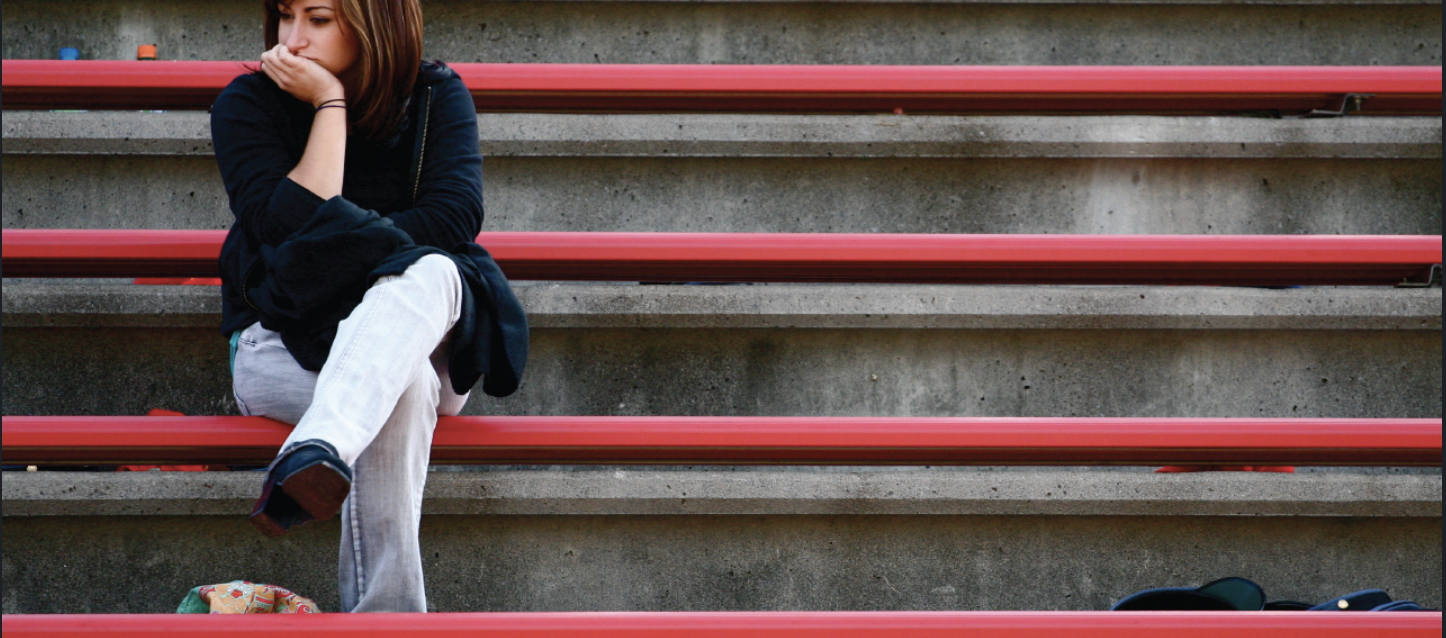Currently, the “Gap Year Club” has many members: high school seniors, college students, graduate candidates, sabbatical, vacationers, athletes, to name a few. It is no doubt the current pandemic drives the decisions to take a gap year. And to be in line with the upcoming Fall 2020 academic, I asked everyone this very question: Would a gap year bring – or take away – opportunities?
I have multiple chats with high school seniors who have just graduated this past June. Their graduation was unconventional. They worked hard for AP classes, practiced SAT since 10th grade, applied to numbers colleges, took assessments or entrance exams, toured many campuses. Dreams are budding.
And being part of the career influencer network allows me to be the listener of many college sophomores and juniors. These students experienced the first or second year of campus life. They are well underway in forming their passions and career choices, enriching meaningful friendships, and maturing their analytical and critical thinking skills. Dreams have colors and perspectives.
And nevertheless, I talked to graduate candidates. This group has established careers and aspirations, with bigger dreams. Myself included. I planned to go back to school half a decade ago. I researched and talked to dozens of graduate schools, along with the extensive prep work for grad school application: personal statement, recommendations, and interview process, etc. I was eager to refresh what was learned and absorb what is needed to characterize that “bigger dream”.
Then Covid-19 happens.
Everyone steps on the brake! Even harder brake on our dreams. “Take a gap year! Your dream isn’t cancelled. It’s just delayed.” Loving parents, guardians, supporters of the respective groups have many concerns and reasons to advice their loved ones to take a pause with 2020. And while conversing with these groups, I have collected two major reasons.
1- The first year of college should be special and rewarding. It comes with invaluable life skills and appreciation of being independent away from the nest. Campus life acts as an incubator for budding interests, molding and challenging critical thinkers, introducing the world’s problems and igniting passion to solving them. Similarly, campus life offers sophomores and juniors the rapportsthey need to develop work ethics, be involved in clubs and associations, to engage in subject matters that they strive to solve, and appreciate a life-time learning beyond graduation. We all want that for our students, and the medium needs to be physically on-campus.
2- Lesson plans certainly have been modified drastically. Or should we say, classroom instructions are moved to online. Scattering around the wild web is the impact of virtual learning on students’ ability to intake and learn new materials, their engagement with peers, and the focus and commitment needed within the online environment. On the same token, teaching virtually cannot possibly yield the same effect as in-person instructions, even when there is no material change in the syllabus or exam topics. All relevant and very good points.
But I beg to differ.
“The safest road to hell is the gradual one – the gentle slope, soft underfoot, without sudden turnings, without milestones, without signposts.” – C. S. Lewis
As a surprise to many that I spoke with, the academia climate has not changed substantially because of the pandemic. Campus life still carries its meanings, in modified mediums. It signifies the importance of mindful interactions with others. It offers services and supports in more venues and variety than before. It encourages slower pace and intentional navigation around campus. Most importantly, its purpose is still a solid “budding, coloring, characterizing dreams.”
Modified lesson plans come as no surprise to us. If assessed accurately, each lesson plan needs to be modified periodically to reflect the climate and current events in order to stay relevant and insightful. If I ask a high school senior who had gone through the last trimester via distance learning, they still needed to meet the level of expectation in critical thinking, problem solving, engagement and commitment to learning before they can graduate. Similarly, teachers who needed to convert their high school classrooms in response to the crisis, did so by upholding values without sacrificing performance. Have you seen high schoolers maneuver Google classroom and Zoom? How they communicate with one another in and out of the chat box? Their ability to pull through with time management and prioritization? These are only some of the intangibles and values that come with modified lesson plans.

In fact, the pandemic began during the last week of my winter quarter. The final week was completely virtual. In effect, we were on campus for all instructional time, and needed to do the final exam or presentation online. As with all other students, I would need to study for the exam or prepare for presentation. I would get up early to rehearse the slides before “going live” in the afternoon. All students practice this ritual, every class, every term. On the contrary, following the shelter-in-place order on March 16th, faculty and campus support escalated their teaching platforms within one week, and were ready to deliver final exams and team presentations – all online. Not much different with distance learning, I still need to meet the objectives set out for the course in order to receive credits. However, the excruciating realization is that I, too, can switch to high gear and press forward.
“Limits, constraints, and reduced expectations are the conventional prescriptions for our time. True leaders, however, are able to see beyond anemic zeitgeist in order to sense opportunities that can employ and house a multitude.” – Warren Bennis, USC Professor of Leadership
As of the time of this writing, I have taken four courses and engaged in numerous conversations in and out of the virtual classrooms. We discuss topics that I would not otherwise have had the opportunities to learn and widen my perspectives had I decided to take a gap year, or quarter, for that matter. The constant change in this pandemic environment enables a whole new level of thinking. It turbo-charges my engagement to learn the “right stuff” and put it to use the very next day, on the next conversations. Below are a couple class projects I had in my online environment:
- My team turned around an “almost-ready” presentation to incorporate the pandemic effect on Nintendo’s stock price, its 5-years outlook, and our recommendation if it’s worthwhile to invest in them. Today, the company is doing well, as projected.
- Understand how to navigate and apply ethical behaviors during the pandemic when Tesla requested its people to return to work despite mandates. The news was released at 2PM, and we dissected at 7:35PM.
- Collecting pandemic data to plot and model a regression analysis to support thesis of practically or statistically significant, based on the best subset of all predictors (or symptoms of Covid).
- Profiling dean Caryn Beck-Dudley for a paper on Women in Leadership, 2 weeks before she became CEO of AACSB (Association to Advance Collegiate Schools of Business). Topics include communication and leading in this pandemic.
So, would a gap year bring – or take away – opportunities? Why take the gap year and miss the live conversations, the knowledge and meaningful projects that have lasting impact? Why allowing the pandemic to dictate us to sequence our life investment in education? What are the various answers we can paint when someone asks, “What did you do with your time during the 2020 pandemic?” Why sit on the sideline to watch it unfold and react on every press conference, rather than proactively response to what is in our control? We would not normally take a gap year in our relationships, in our life-work, in our physical and financial well-being because we know, if we defer “investing” our time and energy, if we take that risk of sequencing our investments until we see that we need to, or until it is the “right” time, chances are it will be already too late. The fruitful way to have returns on investments is to invest long before we need them.
“What are all the experiences and problems that I have to learn about and master so that what comes out at the other end is someone who is ready and capable of becoming a successful (dream career)?”
If this writing grabs you by the heart, I urge you to make some unconventional moves; seek the knowledge and the right stuff that will give you the experiences needed to wrestle with down the road. Good news is that enrollment is always open in a course called “How to deal with pressure!” Humor aside, to learn the “right stuff“, especially amidst the pandemic, it requires you to ask the question, as carefully crafted in Clay Christensen’s book, How Will You Measure Your Life: “What are all the experiences and problems that I have to learn about and master so that what comes out at the other end is someone who is ready and capable of becoming a successful (insert your dream here)?”
When you know the answers, switch to high gear and accelerate.

